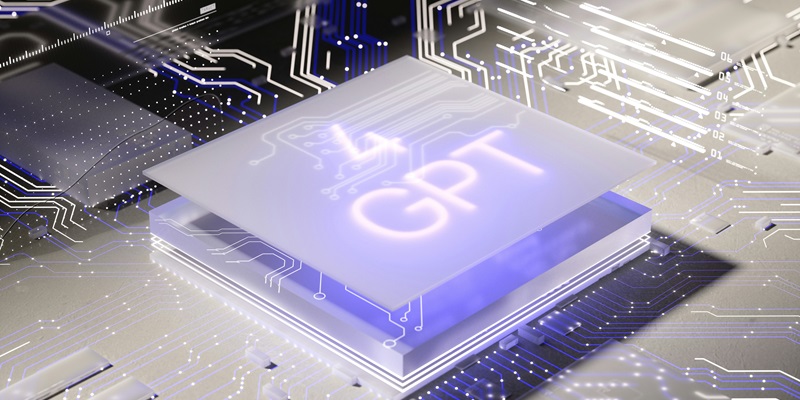In a landscape where securing funding is a perennial challenge for nonprofits, the advent of GPT-4 is a game changer. This advanced AI from OpenAI excels in generating highly personalized, compelling content that revolutionizes donor engagement. With this technology, nonprofits can create communications that mimic the subtlety of human interaction, a critical advantage when appealing to potential donors. This enhanced capability of tailoring messages is especially crucial as organizations vie for attention in a crowded sector. The introduction of GPT-4 ushers in a new era for fundraising, offering a level of personalization that could significantly improve the success rates of campaigns, ensuring that the philanthropic missions of these organizations are better realized and more impactful.
Leveraging Personalized Content
The heart of GPT-4’s impact lies in its ability to tailor communications. By analyzing patterns in data, it enables nonprofits to construct narratives that appeal specifically to the values and interests of individual donors. This hyper-personalization is transforming how organizations approach fundraising strategies, ensuring that outreach efforts do not get lost in the sea of generic appeals.
The benefit of this approach is twofold: it improves the likelihood that a fundraiser will resonate with a particular donor, and it also allows nonprofits to scale their personalization efforts without proportionate increases in manpower or expenses. This enhancement in efficiency and efficacy is a game changer, drastically increasing the potential for successful fundraising outcomes.
Revolutionizing Donor Engagement
GPT-4 isn’t just a new digital tool—it’s revolutionizing how nonprofits communicate with supporters. Its adoption has led to deeper, more meaningful donor interactions, resulting in better engagement and conversion rates. The technology automates mundane tasks and also elevates storytelling, allowing organizations to convey compelling messages that resonate deeply with their audience.
Through GPT-4, donor communication is becoming more effective. The AI’s learning and adapting capabilities mean that nonprofit messaging remains pertinent and powerful. This advanced interaction fosters richer donor relationships and sets the stage for sustainable fundraising. As AI gets more sophisticated, the horizon for creating enduring connections with donors broadens, signaling a transformative phase in the way nonprofits operate and fundraise.

